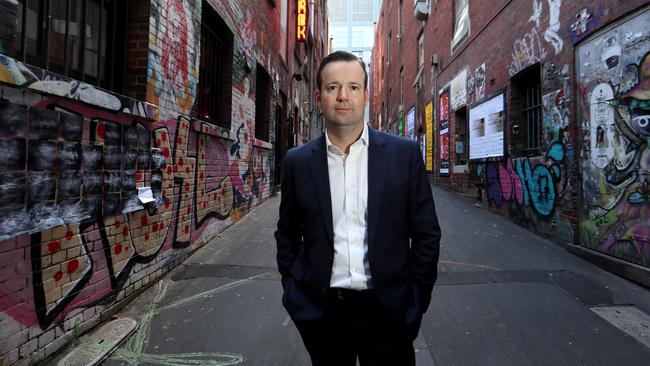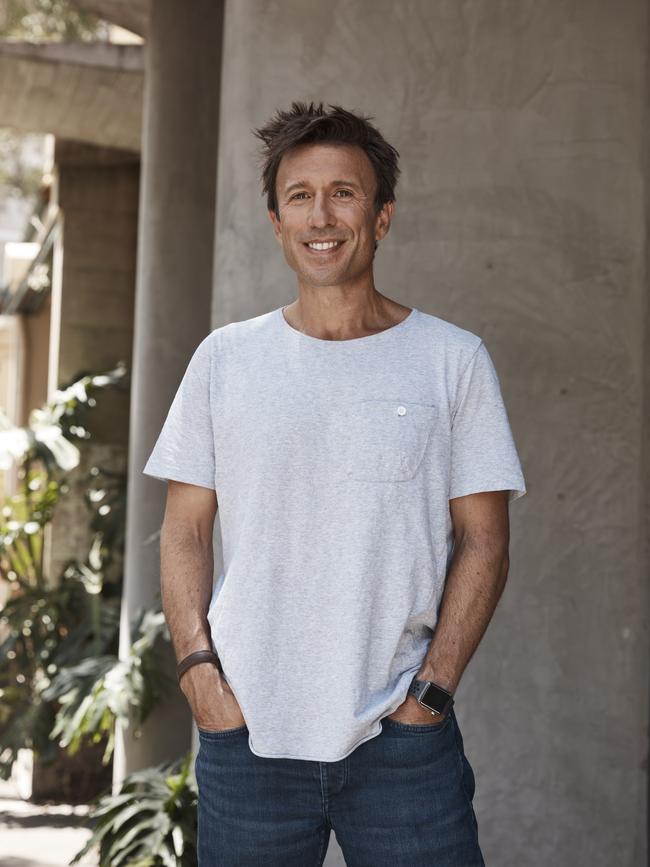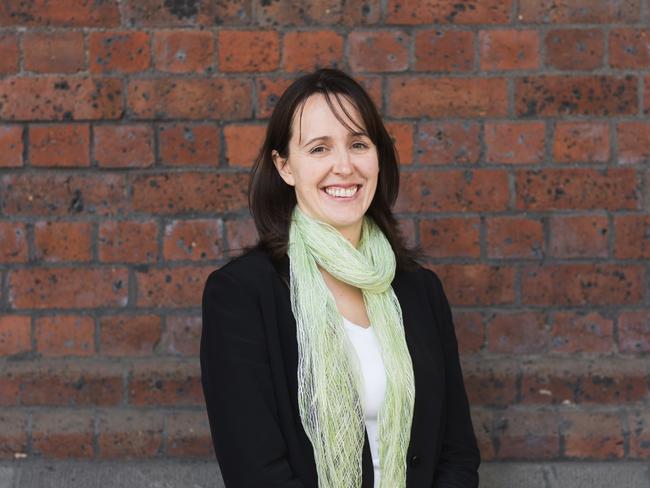Afterpay founders ‘should stick around’
Leigh Jasper was behind Australia’s last big tech deal, and he has some lessons for Nick Molnar and Anthony Eisen.

Afterpay’s planned $39bn sale to Square will be the biggest tech software transaction in Australian history, and the nation’s previous record holder – Aconex co-founder Leigh Jasper – has a lesson or two for co-CEOs Nick Molnar and Anthony Eisen.
Aconex had built itself from a small construction software company co-founded by two school friends to a $1.6bn heavyweight when it sold to Oracle in 2017, and Mr Jasper said that Afterpay‘s co-founders should stick around at Square – at least for now – to most effectively help the tech sector at a global level.
“It‘s always hard as a founder when the baby leaves home, but that’s a natural feeling,” Mr Jasper said in an interview. “You can add value when you’ve been acquired, and we saw that at Aconex. We’re now a key product within the Oracle suite of products. Some people left, but a lot of people stayed, and with Afterpay I’m not sure how long the founders will stay around but they have a great opportunity now within Square to influence not just Australia but the world in how it digitises, so those roles become that much bigger in terms of their impact.”
Mr Jasper pointed to the recent $1.7bn acquisition of Melbourne tech company MessageMedia, which was acquired by Swedish competitor Sinch, as an example of Australian executives taking what they‘ve learned locally and applying that knowledge to global markets.
“One thing we shouldn‘t underestimate is Australia is often ahead,” he said. ”We often think of ourselves as being behind the US, but we’re ahead in so many markets. If you take fintech, the banking sector in the US is far behind Australia. Afterpay clearly led the world in buy now, pay later and it’s something we’re world-class in. We lead the world in construction technology. Perhaps in social media, sure we’re not Silicon Valley, but in business-to-business, Software-as-a-Service, banking technology and fintechs, we’re up there with the best in the world.
“In various sectors we‘re not behind the US, we’re actually ahead of the US, and that’s why we’re seeing these exits. The companies globally can’t build that themselves, they’re acquiring Australian companies who can give them that acceleration.”

Mr Jasper is now the chairman of LaunchVic, the Victorian state government‘s start-up agency, which has released its four-year plan to take the state’s $7bn start-up sector to the next level by 2024.
To date, LaunchVic has invested in 130 programs and 19 accelerators, and upskilled about 9,800 entrepreneurs with training. The November 2020 state budget allocated of $186.2m to the Victorian tech start-up industry including LaunchVic.
In a new step for the agency LaunchVic will invest either in certain for-profit entities through an equity stake or by providing a loan. This investment approach will only apply to organisations that invest in outcomes of their programs, for example Startmate’s Accelerator Program, Mr Jasper said. He said LaunchVic intends to reinvest any returns back into the ecosystem.
LaunchVic also will operate the Victorian Startup Capital Fund – a new $60m fund that will leverage $180m of private sector investment for early-stage start-ups and the Alice Anderson Fund – a $10m fund that will leverage a further $30m by co-investing in women-led early-stage start-ups.
In short, LaunchVic wants to help create more Afterpays.
“This is a shift towards catalysing early-stage investment and that part of the sector,” Mr Jasper said. ”Unfortunately the early stage keeps getting forgotten about, so a ton of our work is about supporting companies when they‘re young and if we back another 50 or 100 early companies, one in 10 hopefully will become the next Afterpay, so there’s huge value to be created in the sector.
“The government doesn‘t try and pick winners, what the government does is catalyse the sector and help build capacity, and helping create a whole ecosystem of investors to support more start-ups over time, and then the founders of those start-ups eventually become investors too.”
LaunchVic chief executive Kate Cornick said that there was still a lot of work required for Victoria‘s start-up ecosystem to develop and become self-sustaining.

“The work we are doing now – particularly with regard to early-stage investment – is foundational and will dramatically alter the start-up ecosystem in the next five to 10 years,” Dr Cornick said.
“Some start-ups have done it really tough over the past year, particularly companies working with the events and hospitality industry, but overall the start-up sector is outperforming the economy, and we‘ve actually seen growth because of the pandemic, and if any sector can do that, it’s our sector.
“Victorian tech founders are creating jobs at a faster rate than any other part of the economy.”
It comes after Atlassian boss Scott Farquhar and Tesla chair Robyn Denholm joined Afterpay co-founder Anthony Eisen in a push to drive the fast-growing tech sector above one million jobs by 2025.



To join the conversation, please log in. Don't have an account? Register
Join the conversation, you are commenting as Logout